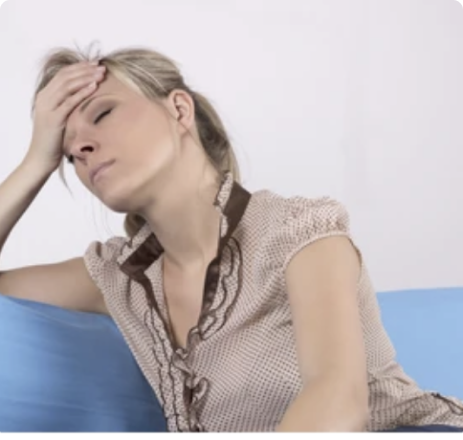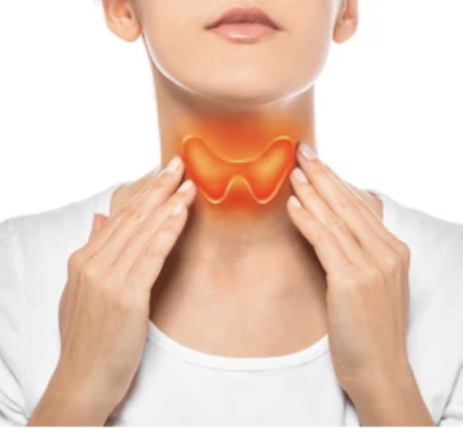Adrenal and Thyroid Dysfunction
Adrenal Dysfunction
Adrenal dysfunction is the body's natural response to prolonged stress. These small glands atop the kidneys play a vital role in producing stress hormones, including Adrenaline, Epinephrine, DHEA, Cortisol, and Pregnenolone.
Common Signs of Adrenal Fatigue
High Cortisol Symptoms:
Anxiety and Irritability
Insomnia
Hot Flashes
Brain Fog
Sugar Cravings
Weight Gain
Fatigue (Feeling 'Tired but Wired')
High Blood Sugar and Insulin Resistance
Symptoms Resembling Irritable Bowel Syndrome (IBS)
Low Libido and Vaginal Dryness
Low Cortisol (Often referred to as "Adrenal Fatigue") Symptoms:
Fatigue and Exhaustion
Depression
Increased Sleep but Frequent Nighttime Wakening
Early Menopause or Menstrual Irregularities
Orthostatic Hypotension (Low Blood Pressure when Standing)
Poor Concentration
Very Low Libido

If you're experiencing "Adrenal Fatigue" symptoms, you should consult a healthcare provider for a thorough evaluation. We can help identify underlying medical conditions and recommend appropriate treatments or lifestyle modifications tailored to your needs.
Treatment approaches may include:
Lifestyle changes:
Sleep- 7-8 hours per night
Yoga, Meditation
Dietary Changes
Hydration
No high-intensity exercise until cortisol improves
Supplements:
Ashwagandha
Licorice
Asian ginseng
Medication Management:
Our goal is to provide comprehensive care to help manage PCOS and address associated fertility concerns, tailoring treatment to your specific needs.
Thyroid Dysfunction
The thyroid is a small, butterfly-shaped gland in the front of your neck. Your thyroid's main job is to control the speed of your metabolism. Hypothyroidism is when the thyroid gland doesn't make enough thyroid hormones to meet your body's needs. Approximately 60% of people in the US have hypothyroidism. On the other hand, Hyperthyroidism, or overactive thyroid, happens when your thyroid gland makes more thyroid hormones than your body needs.
Symptoms of Hypothyroidism:
Fatigue
Menstrual Irregularities
Sensitivity to Cold
Fertility Issues or Miscarriage
Constipation
Muscle and Joint Pain (especially in Hashimoto's Thyroiditis)
Weight Gain
Confusion or 'Brain Fog'
Dry Skin
Slow Thinking
Depression
Treatment:
Hypothyroidism is usually treated by taking daily hormone replacement tablets called levothyroxine. Levothyroxine replaces the thyroxine hormone.

Hyperthyroidism Symptoms
Anxiety
Goiter (visibly enlarged thyroid gland) or thyroid nodules.
Difficulty concentrating.
Hair loss.
Fatigue.
Hand tremor.
Frequent bowel movements.
Heat intolerance.